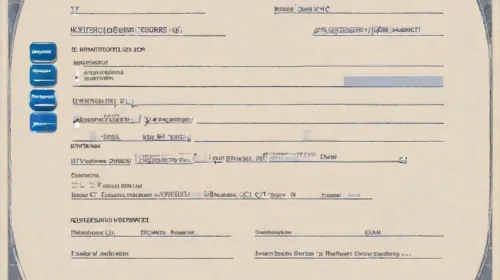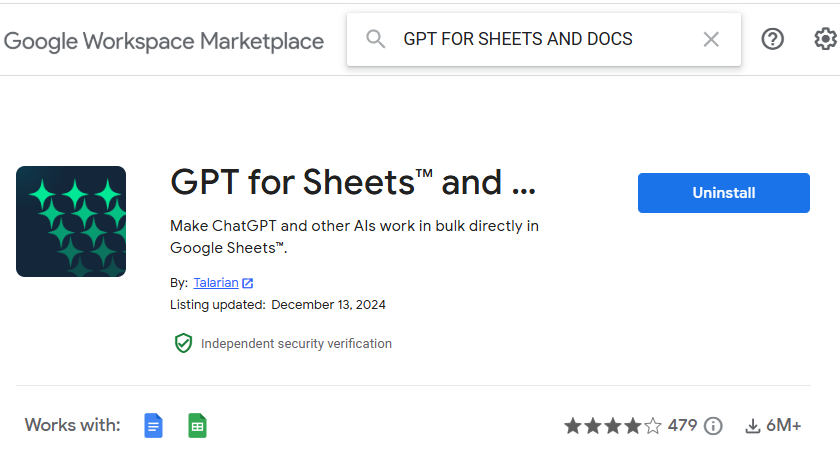Navigating the European job market can be tricky, especially with different CV formats in each country. The Europass CV offers a standardized solution, recognized across Europe, to showcase your skills and qualifications effectively. Let’s delve into this powerful tool and help you craft the perfect Europass CV.
What is a Europass CV?
** Key benefits:**
- Standardized format: Ensures your CV is clear and consistent, even for international applications.
- Flexibility: Customize your CV by highlighting relevant skills and experiences for each job.
- Multilingual capability: Translate your CV into different languages with ease.
- Complementary documents: Integrate Europass Language Passport and Certificate Supplement for a holistic profile.
How to Create Your Europass CV:
- Visit the Europass website: https://europa.eu/europass/en/create-europass-cv
- Create your Europass profile: Fill in details about your education, work experience, skills, and languages.
- Start building your CV: Select the information you want to include from your profile and customize the format.
- Download your CV: Choose from various templates and download your CV in several file formats, including PDF and Europass XML.
Useful Links:
- Europass CV Tutorial: https://europa.eu/europass/en/create-europass-cv
- Europass CV FAQs: https://europa.eu/europass/en/create-europass-cv
- Europass Language Passport: https://europa.eu/europass/en/what-happened-europass-language-passport
- Europass Certificate Supplement: https://europa.eu/europass/en/learn-europe/certificate-supplement
Tips for Writing a Stellar Euro pass CV:
- Tailor your CV to the job: Highlight skills and experiences relevant to the specific position you’re applying for.
- Quantify your achievements: Use numbers and data to demonstrate the impact of your work.
- Proofread carefully: Ensure your CV is free of typos and grammatical errors.
- Keep it concise: Aim for a one- to two-page CV, depending on your experience.
- Highlight your language skills: Include your language proficiency levels and any relevant certifications.
- Use keywords: Align your CV with keywords from the job description to increase visibility.
Countries where Europass CV is useful:
While the Europass CV is officially recognized and accepted in all 27 EU member states, its usefulness for job searching can vary depending on the specific country and industry. Here’s a breakdown:
Highly recommended:
- All EU member states: Austria, Belgium, Bulgaria, Croatia, Cyprus, Czech Republic, Denmark, Estonia, Finland, France, Germany, Greece, Hungary, Ireland, Italy, Latvia, Lithuania, Luxembourg, Malta, Netherlands, Poland, Portugal, Romania, Slovakia, Slovenia, Spain, Sweden.
- Other European countries: Norway, Iceland, Liechtenstein, Switzerland.
Useful in many cases:
- Non-EU countries with close ties to the EU: Turkey, Serbia, North Macedonia, Albania, Montenegro.
Additional Resources:
- ** Europass CV Examples:** https://europa.eu/europass/en/create-europass-cv
- ** Career Counseling Services:** https://europa.eu/europass/en/guidance-counselling
- ** Job Search Engines:** https://europa.eu/eures/portal/
Remember: Your Europass Curriculum Vitae is your gateway to opportunities across Europe. Take advantage of its flexibility and standardization to create a compelling and competitive Curriculum Vitae that opens doors to your dream job.
I hope this detailed article equips you with the knowledge and resources to create a compelling Europass CV. If you have any further questions, feel free to ask!



